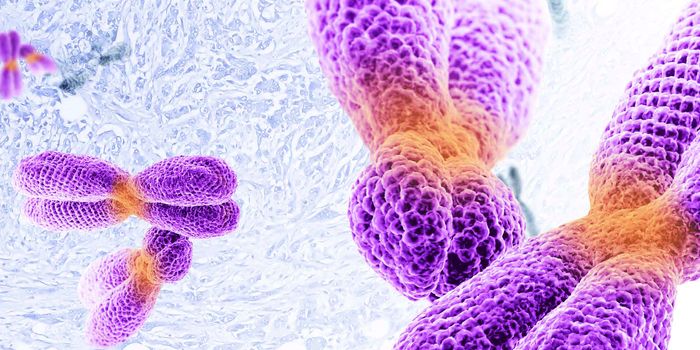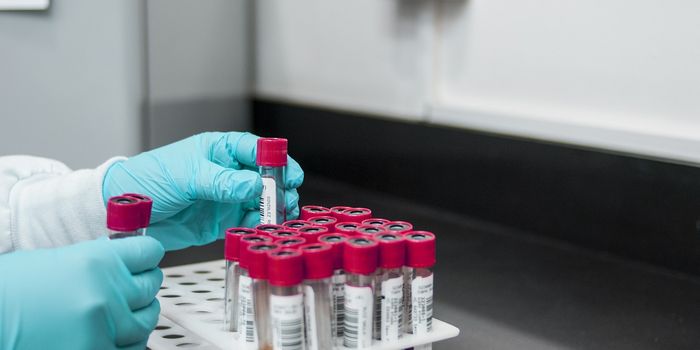Gene Variant Discovery Provides New Insights Into Atherosclerosis
Atherosclerosis is when plaque forms in the arteries. This can lead to blood clots that may suddenly stop blood supply; when this affects the heart's coronary arteries, a heart attack happens; if it occurs in the carotid arteries, a clot can move to the brain and cause a stroke. But atherosclerosis can start years before a major cardiovascular event. Now scientists have identified twenty genetic variants that are linked to this condition. The findings have been reported in Nature Communications.
This work could help scientists develop better screening tools, identify patients at risk of cardiovascular events sooner, or potentially, improve therapeutics for cardiovascular diseases and events like heart attack or stroke.
In this work, the researchers analyzed data from a large human study in Sweden called the SCAPIS population study. This data included genetic information, and very detailed measurements that used imaging technologies like ultrasounds and computed tomography to reveal plaque formation.
The investigators looked for small changes in genes that are associated with an increase in the risk of atherosclerosis. About 30,000 individuals were included in this study, to create the largest atherosclerosis gene map yet.
After assessing millions of small changes in the genome and considering it along with the health data, the researchers found twenty genetic variants that had significant associations with atherosclerosis. But the investigators also differentiated between changes in the carotid and coronary arteries. This indicated that different mechanisms likely underlie the formation of plaques in these different locations.
"The study is an important piece of the puzzle in understanding why atherosclerosis develops, which could ultimately lead to new ways of preventing the disease process. We also hope to develop genetic tests to identify people at high risk of being affected," noted corresponding study author Anders Gummesson, an Associate Professor at the University of Gothenburg, among other appointments.
Heart disease is still a leading cause of death around the world. The investigators noted that this data will be freely available to researchers so that more can be revealed about the genetics of cardiovascular disease.









